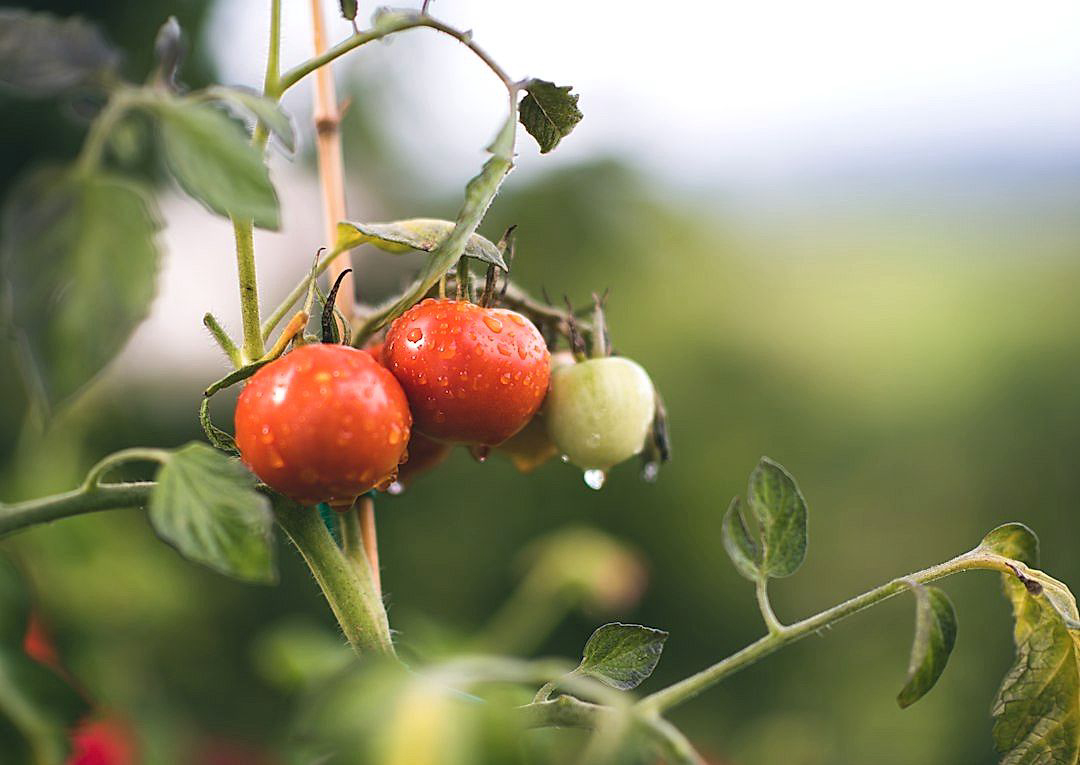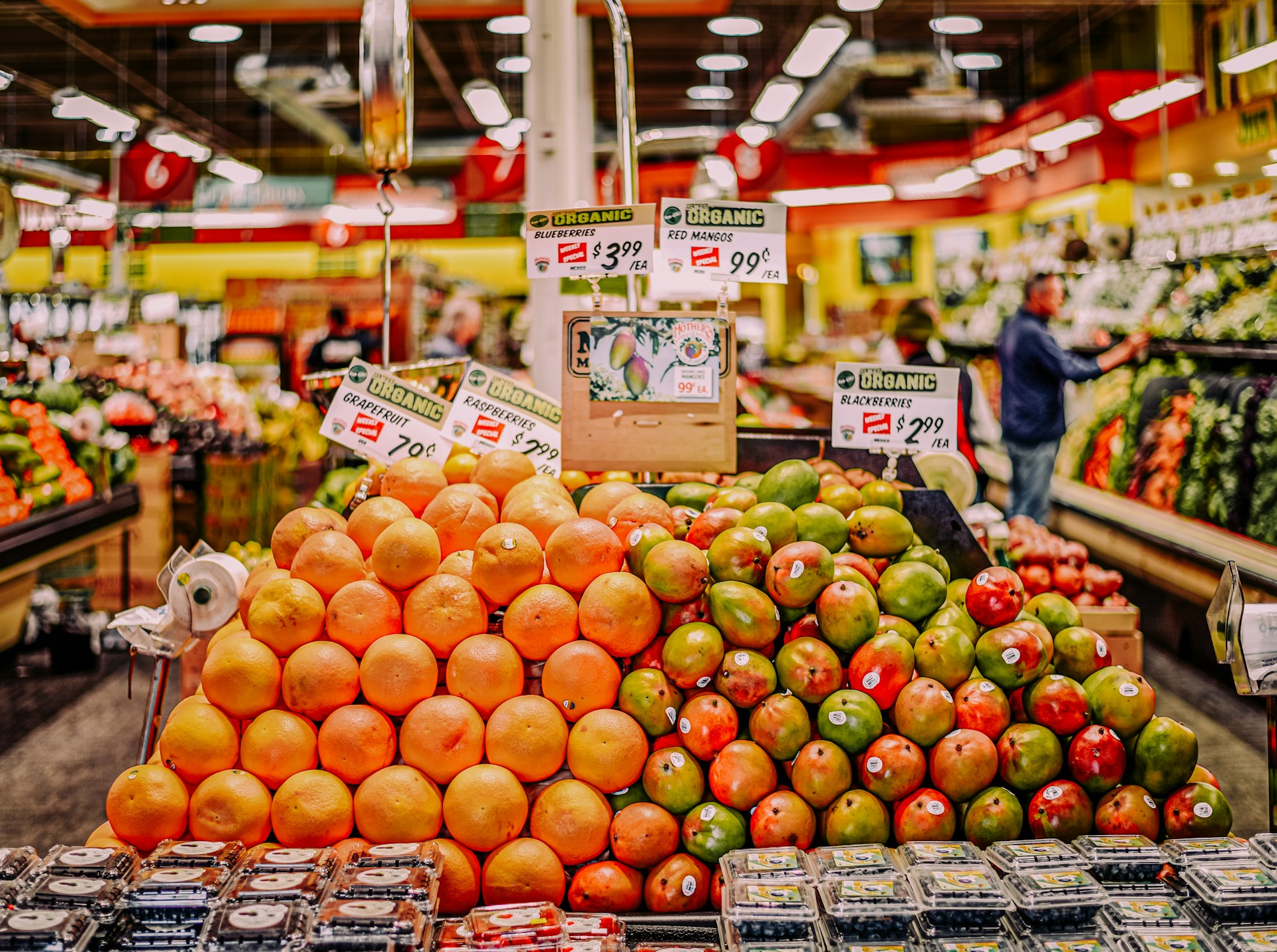In the highly regulated market of produce packing, certain certifications stand as the hallmark of quality.
These credentials not only show a commitment to best practices and industry standards but also assure consumers that the produce they are purchasing is safe, hygienic, and managed sustainably.
As such, all produce packers must strive to attain these endorsements.
A lack of these credentials can lead to lost business opportunities and dwindling consumer trust.
Moreover, these quality certifications can expand market access both nationally and globally.
Let’s delve into the specific certifications that every produce packer should aspire to achieve.
Contents
Quality Certifications Every Produce Packer Should Aim For
1. Good Agricultural Practices (GAP) Certification
The Good Agricultural Practices (GAP) certification is a highly sought-after designation for produce farms and packing facilities worldwide.
This certification goes a long way in demonstrating commitment to ensuring food safety and the promotion of sustainable farming practices.
GAP certification serves as an acknowledgment that the produce has been grown, harvested, and packed in accordance with the globally accepted agricultural methods and food hygiene standards.
It provides transparency to the buyers about how their food is produced and creates a competitive edge for the producers in the market.
Indeed, GAP certification is a testament to the proper management of soils, water, pests, and farm resources, ultimately resulting in safe, high-quality produce.
To achieve GAP certification, a farm or packing facility must undergo a comprehensive production audit by a recognized third-party organization.
The audit assesses aspects such as farm safety, soil management, fertilizer use, pest management, water usage, and harvesting and packing procedures.
Achieving GAP certification is not a one-time event but involves continuous compliance and regular audits to ensure standards are consistently met.
Beyond the certification itself, GAP fosters the implementation of best practices that protect the environment and the wellbeing of workers and animals.
Packing facilities with GAP certification benefit from enhanced consumer confidence and market access, as well as potential cost savings from implementing more efficient farming practices.
GAP certification is, therefore, not just a certificate on the wall, but a continuous improvement mechanism that can contribute to the long-term success of a farm or packing facility.
Moreover, numerous governmental and non-governmental organizations encourage and support farms in attaining GAP certification, recognizing it as a critical tool in the promotion of sustainable and responsible agriculture.
In the face of a rapidly evolving world and increasing consumer expectations, GAP certification is more important than ever.
It represents an opportunity for produce packers to demonstrate their commitment to quality and sustainability, and to differentiate themselves in a competitive market.
In summary, for any farm, packing facility, or agribusiness intent on attaining a high standard of quality and safety, persuing GAP certification is a worthy endeavour.
2. Global Food Safety Initiative (GFSI)
The Global Food Safety Initiative (GFSI) serves as a crucial benchmarking organization in the food production industry.
GFSI works globally to advance food safety and unify safety standards across different countries and industries.
Their aim is to build consumer trust everywhere in the world by elevating food safety management systems.
GFSI certification signals a commitment to a culture of food safety and operational excellence in maintaining, monitoring, and improving safety systems.
It is not just recognized internationally but also demanded by many food manufacturers worldwide.
For produce packers, obtaining GFSI certification is a key way to demonstrate that their systems meet globally recognized food safety standards.
The benefits of being GFSI-certified include a potential increase in business opportunities as retailers and foodservice providers commonly recognize and require GFSI benchmarked certifications.
To become GFSI-certified, a produce packer would need to undergo a third-party audit conducted by a GFSI-recognized certification program.
Some of the more popular GFSI-recognized certification programs are the Safe Quality Food (SQF) program, the British Retail Consortium (BRC), and the CanadaGAP (formerly known as Canada’s On-Farm Food Safety).
Each of these certifications exhibits the commitment of a company to food safety and is a testimony to their superior quality produce.
Produce packers striving for GFSI certification need to show their ability to manage food safety risks and provide safe products.
They are expected to have a strong Food Safety Management System (FSMS) in place that includes detailed documentation and records of their food safety protocols.
This further entails good practices in hygiene, allergen management, and traceability, all of which assures customers of the packers’ commitment to safe and quality produce.
Overall, acquiring a GFSI certification is a mark of excellence that enhances a company’s brand reputation and builds consumer trust.
While the process to earn it can be rigorous, the advantages undoubtedly outweigh the time and effort invested, making it a quality certification every produce packer should aim for.
3. Organic Certification from USDA
For a produce packer aiming for top level quality certifications, an Organic Certification from the United States Department of Agriculture (USDA) is of immense value.
The USDA Organic Certification legitimizes the chemical-free farming practices and the safe, sustainable farming methods followed by your agricultural business.
A USDA Organic Certification, thus, enhances your brand’s reach and credibility, as it assures the consumers about the quality of your farm produce.
This certification is recognized globally, further cementing your international reputation for high-quality farm produce.
Obtaining a USDA Organic Certification validates your commitment to environmentally-friendly and sustainable farming methods, therefore driving consumer trust and loyalty towards your brand.
The USDA Organic label requires farms to abandon the usage of synthetic fertilizers, genetically modified organisms (GMOs), irradiation, and certain pesticides.
The certification process involves detailed inspections of farm fields and processing facilities, detailed record-keeping, and periodic testing of soil and water to ensure that growers and handlers are meeting the standards set by USDA.
It’s not a one-time process; the USDA does annual inspections to ensure compliance with their standards, thus maintaining the integrity of your certification.
Farms and businesses that meet these stringent USDA standards are allowed to display a green and white USDA Organic seal on their products.
Apart from building trust with consumers, a USDA Organic certification also provides regulatory benefits.
Organic farmers have access to numerous federal and state programs that support organic certification cost share, organic research and extension, and organic conservation practices, thus financially benefiting the farmer in the long run.
Moreover, certified organic products often command a higher price in the market due to their perceived superior quality and safety, thereby boosting your overall revenues.
The strict rules and regulations not only ensure the safety and quality of your crop but also protects the environment by reducing the load of harmful chemicals.
By opting for a USDA Organic Certification, produce packers are also contributing to safeguarding the environment and promoting sustainability in agriculture.
Thus, a USDA Organic Certification is a beneficial and forward-looking step for any produce packer, attributing to the global movement towards organic and sustainable farming.
The Bottom Line
Adopting responsible farming practices and obtaining pertinent certifications such as Good Agricultural Practices (GAP), becoming recognized by the Global Food Safety Initiative (GFSI), and earning organic certification from the USDA, ensures increased trust in consumers, market differentiation and potential profitability.
These certifications not only signal rigorous quality and safety measures but also reflect a commitment towards sustainable agricultural practices.
Therefore, such accreditations should be considered more than just regulatory compliances.
They are strategic tools that can significantly enhance agricultural supply chains and contribute to the long-term success and sustainability of the industry.




